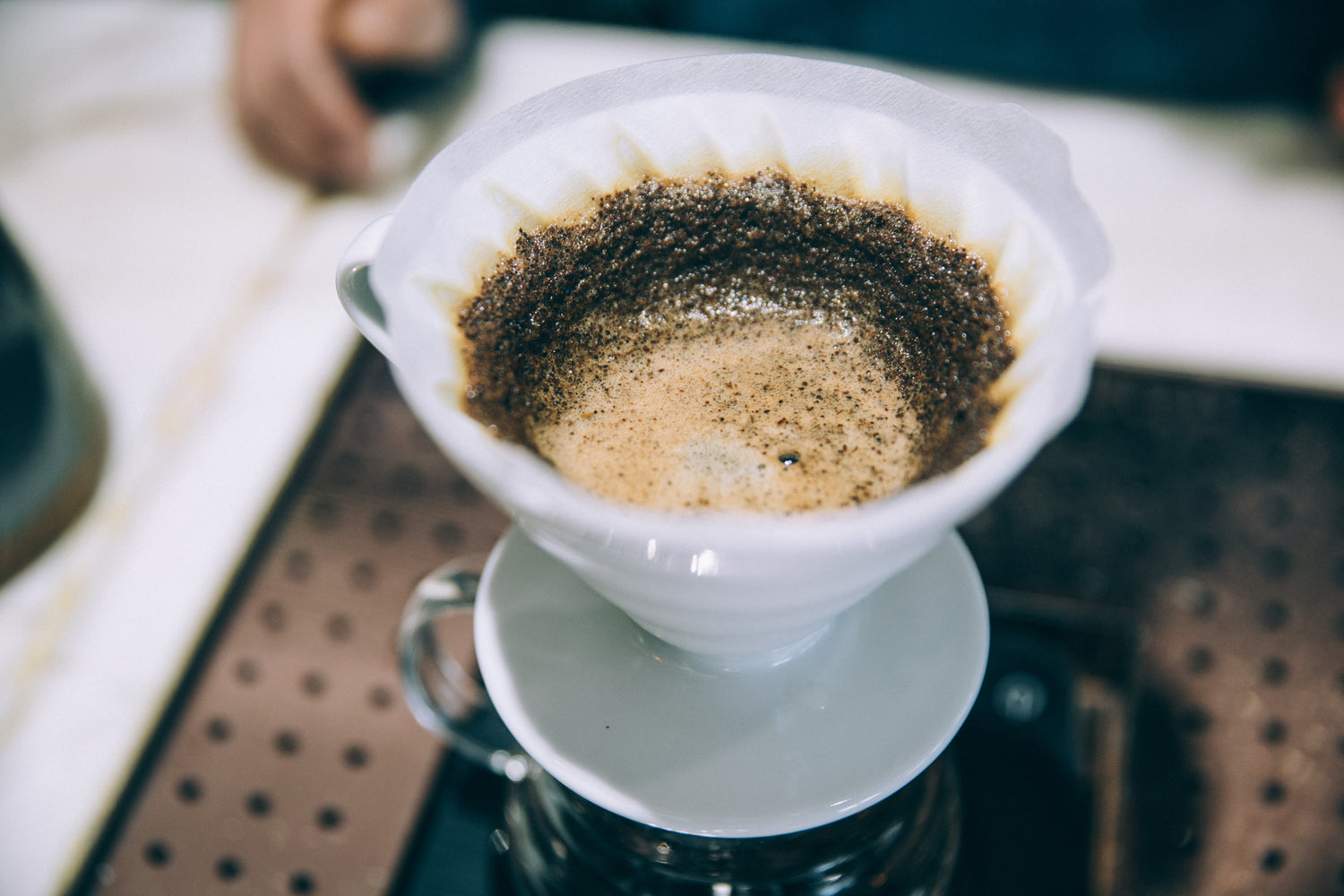Factors in Making Excellent Coffee
Making coffee is all about exploring the way changing these key factors impact your resulting beverage. Below, we'll recommend great starting points, and explain what impact certain changes will have on the extraction of specific notes.
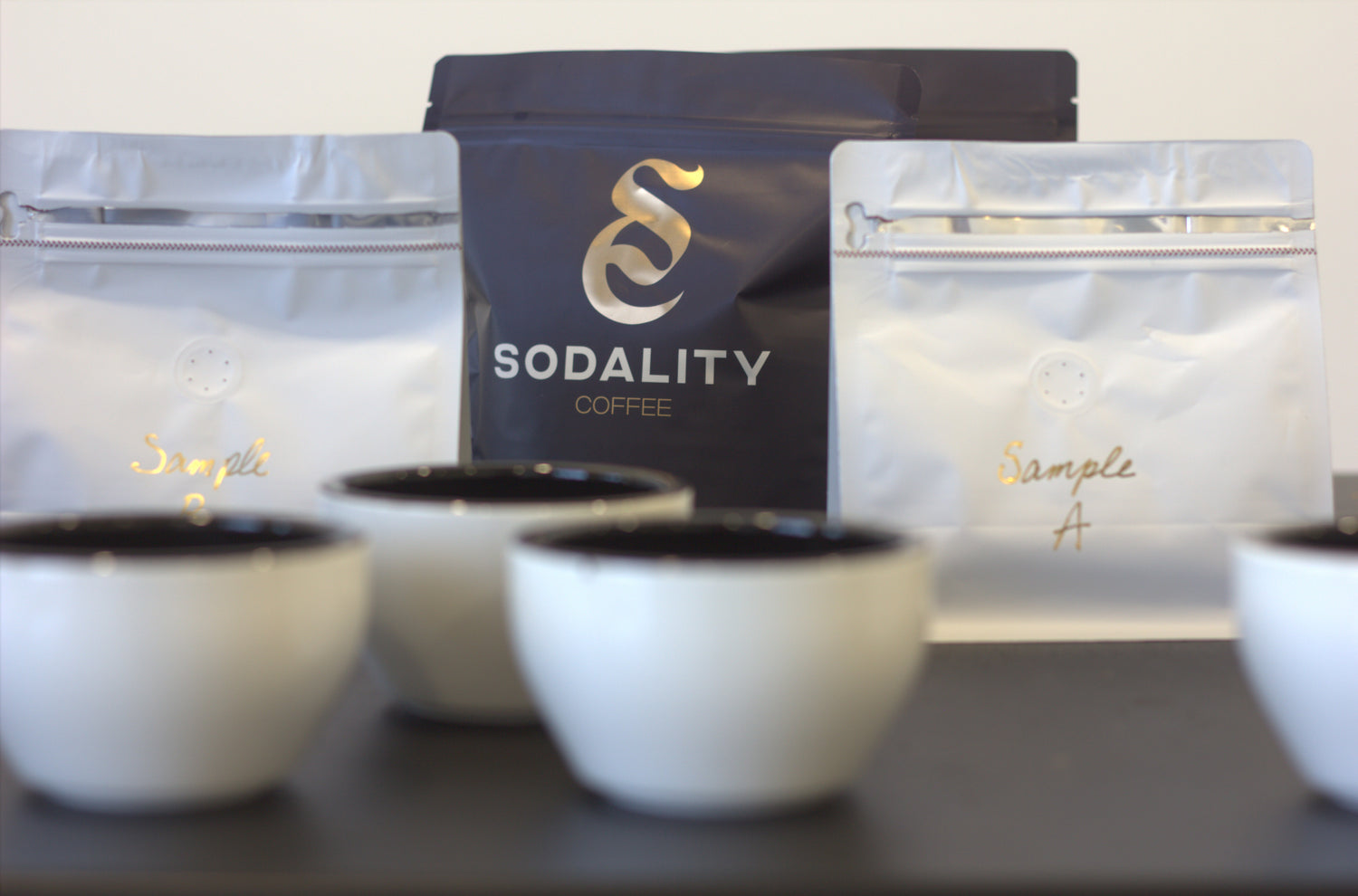
Good Coffee
Start with freshly roasted, specialty-grade coffee. Look for a Roast Date on the bag - you'll want something within the last 4-6 weeks at the latest.
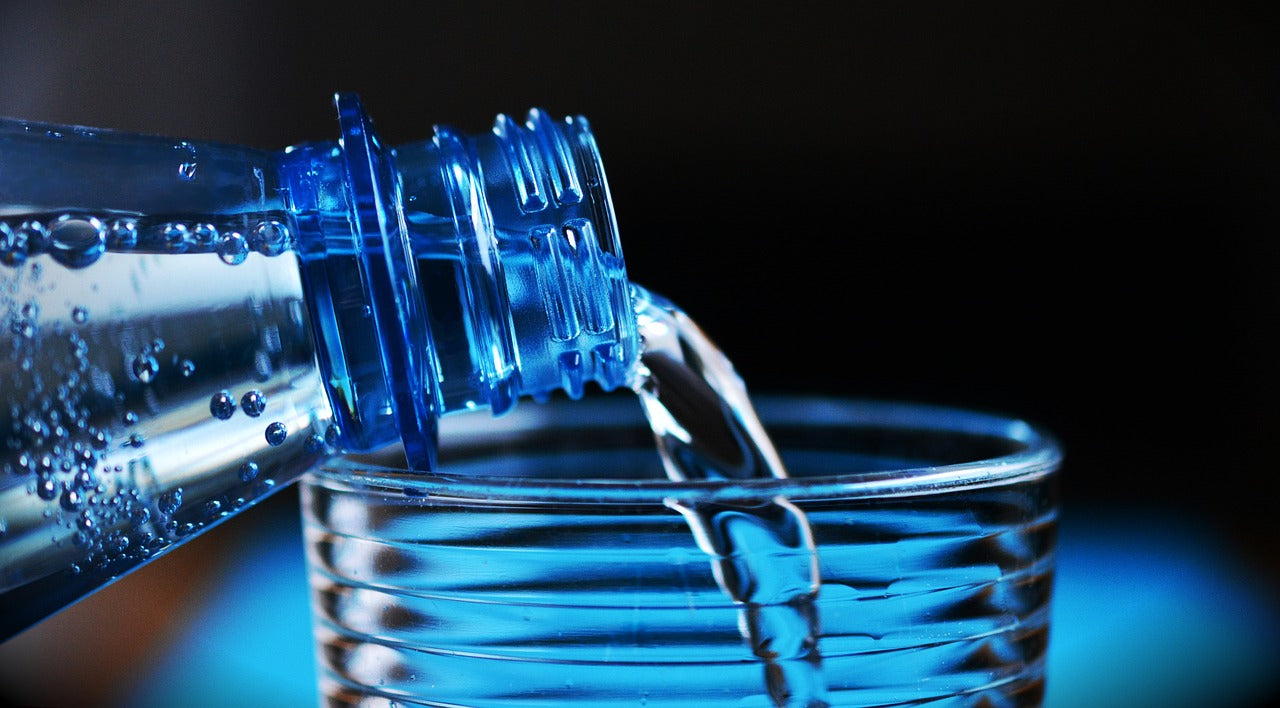
Good Water
Coffee is mostly water! Using filtered water will prevent your brew from being overwhelmed by tastes of chlorine and other unpleasant effects of municipal water treatments. Something like a Brita pitcher, or even the built-in water filter on many refrigerators will produce better results than tap water. You can also dive into the world of custom water concoctions using distilled water, and augmenting with chemicals!
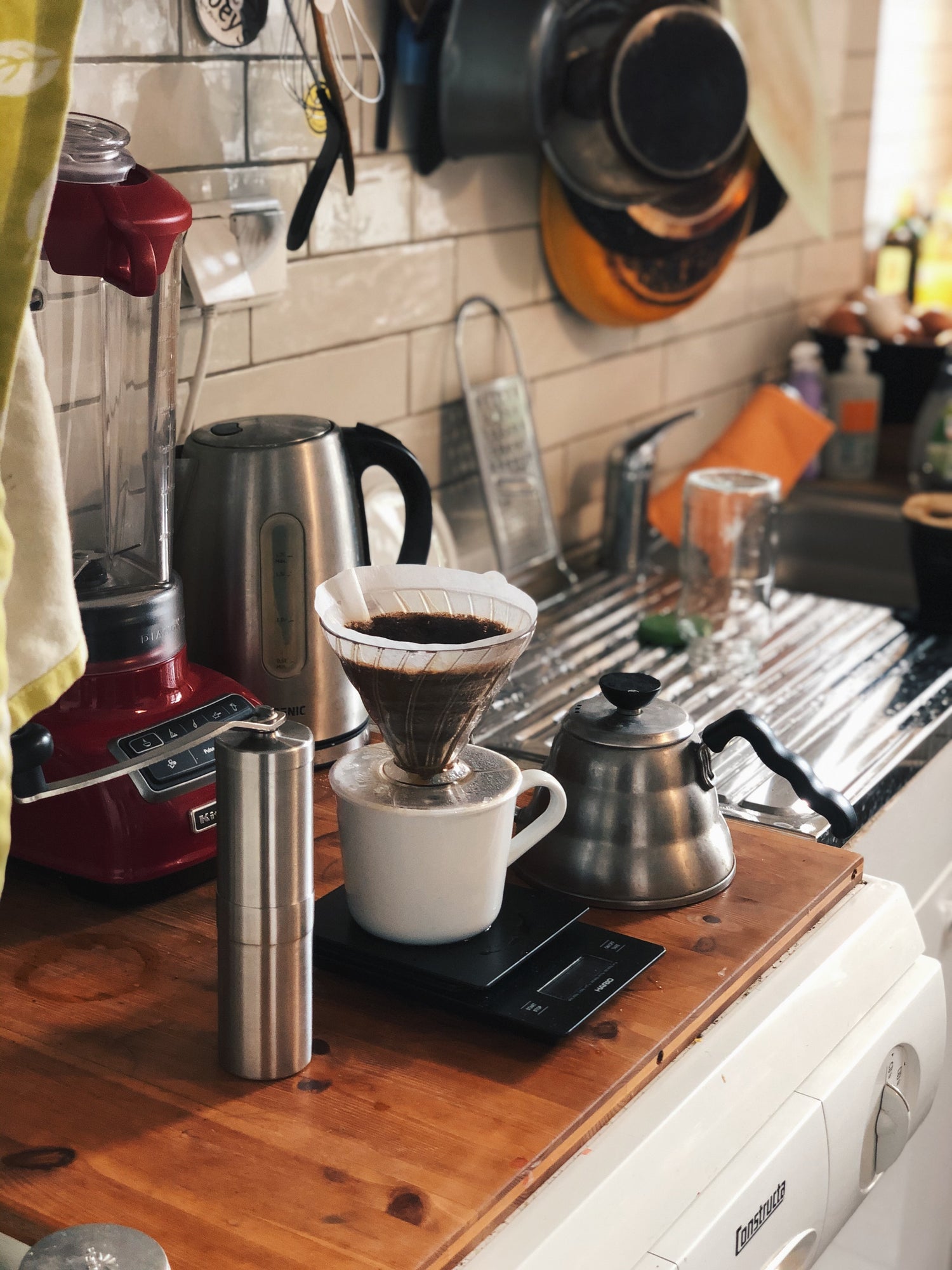
Proper Ratios
We like to brew by weight, as we've found it produces more consistent results. We recommend starting with a ratio of 1 part coffee to 16-17 parts water. So - weighing your coffee - for every gram of coffee, use 17ml of water. A great starting point, if you're brewing on a typical home coffee pot - use 60 grams of coffee, and 1 liter of water. Adjusting with more or less coffee to water - you can highlight or dilute certain flavor notes.
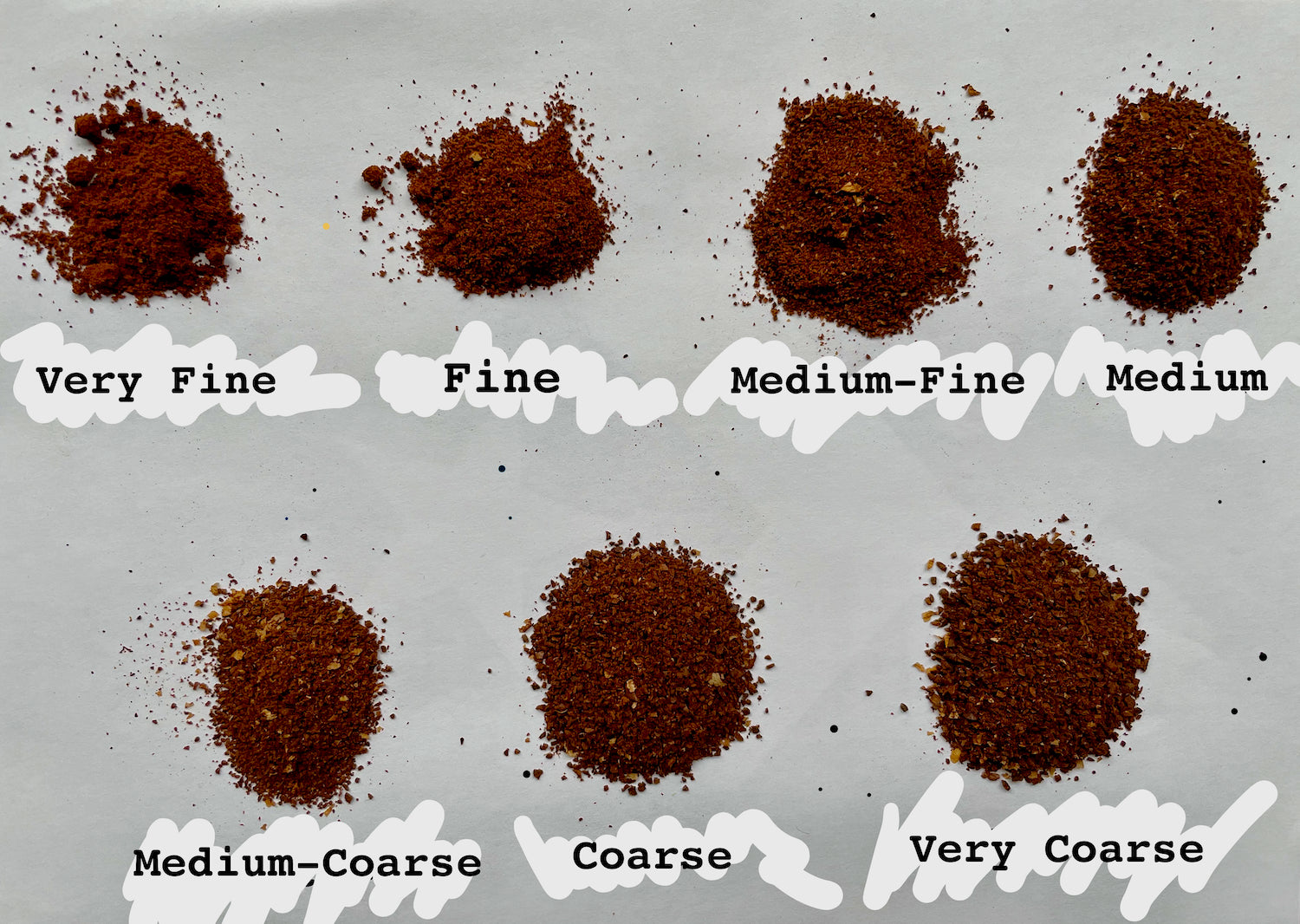
Ideal Grind Size
Grind size can have a significant impact on the flavor of your coffee. Grind too coarse, and it may taste weak - conversely, grind too fine, and it may overextract and taste bitter. We recommend using a burr grinder (blades create wildly inconsistent grinds) - grind in the 'Medium' range, and adjust to taste, based on your brewer. Pourovers typically go a little finer, while home brewers or french press - you'd go a bit coarser.
